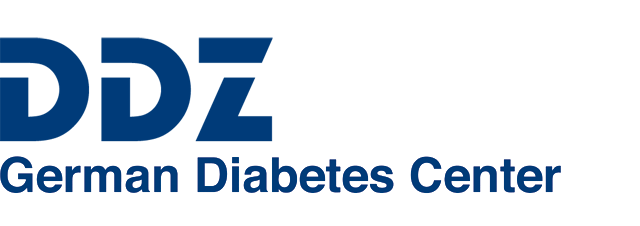Detailed knowledge of regional differences in diabetes care and potential explanatory factors is limited (Claessen 2013, Tamayo 2014).
Aims
The objective is to analyze the link between process and outcome indicators with individual social status, regional social status and social health care conditions.
Project Lead and Contact Person
Univ.-Prof. Dr. med. Dr. PH Dr. rer. oec. Andrea Icks
Projektleitung
+49 (0)211-3382-305
Cooperations
- Robert Koch-Institut
- Helmholtz Zentrum München
Funding
Bundesministerium für Bildung und Forschung (BMBF)
Methods
For the analysis, individual data from the federal health survey is combined with national data on socioeconomic status and on health care situation (e.g. density of available physicians, number of diabetologists) at a district level. Associations are analyzed using multiple regression and multi-level models.
Laufzeit
2016-2020
Selected Publications
- Bächle C, Claessen H, Maier W, Tamayo T, Schunk M, Rübert-Eheberg IM, Holle R, Meisinger C, Moebus S, Jöckel KH, Schipf s, Völzke H, Hartwig S, Kluttig A, Kroll L, Linnenkamp U, Icks A. Regional differences in antihyperglycemic medication are not explained by individual sociooeconomic status, regional deprivation, and regional health care services. Observational results from the German DIAB-CORE Consortium. Plos One 2018; 13(1):e0191559; doi: 10.1371/journal.pone.0191559.
- Tamayo T, Claessen H, Rückert IM, Maier W, Schunk M, Meisinger C, Mielck A, Holle R, Thorand B, Narres M, Moebus S, Mahabadi AA, Pundt N, Krone B, Slomiany U, Erbel R, Jöckel KH, Rathmann W, Icks A. Treatment of pattern of type 2 diabetes differs in two German regions and with patients’ socioeconomic position. PLoS ONE 2014, 9(6): e99773.
